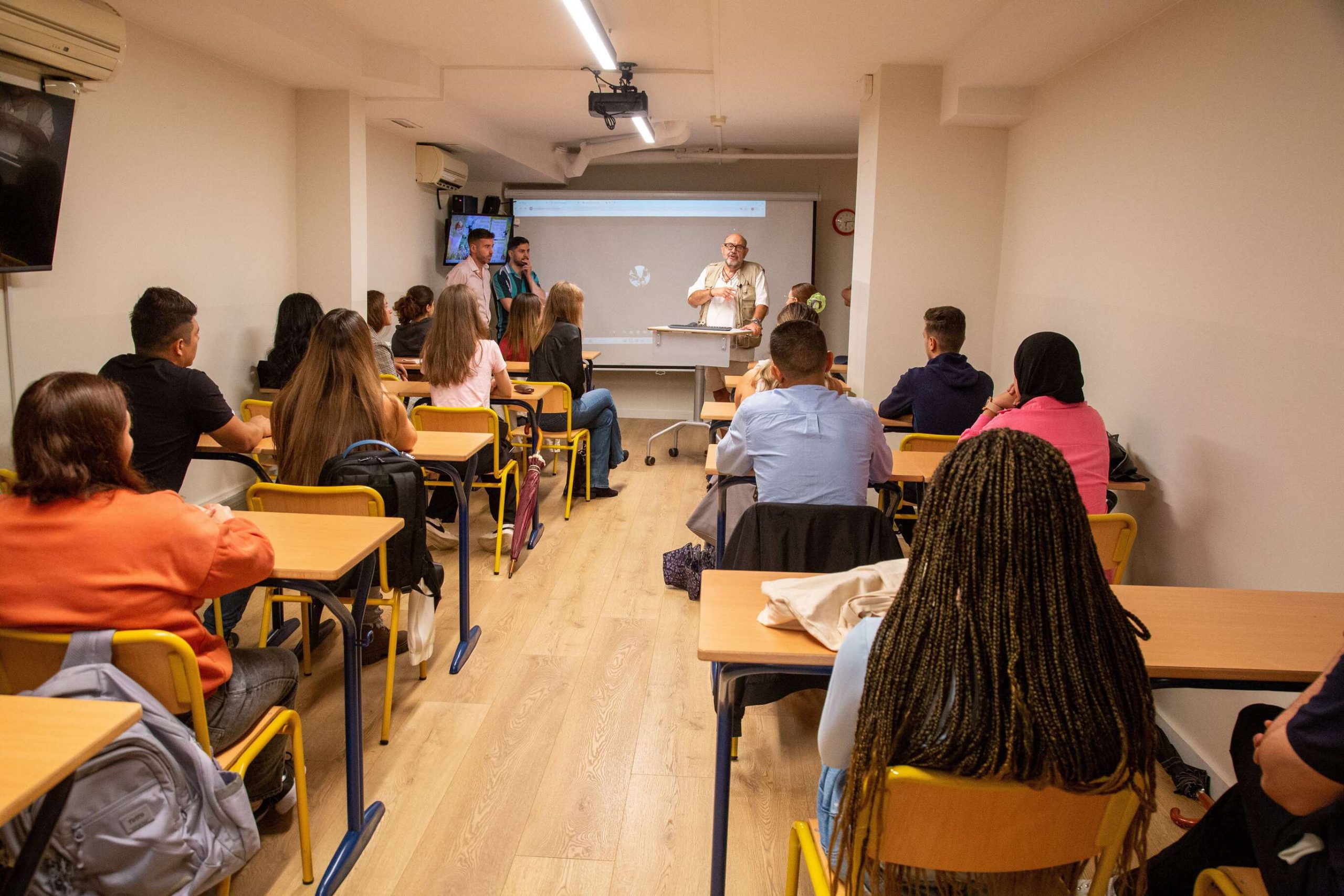Economics is the discipline that examines resource management and decision-making in a money-driven world. Despite its allure, it’s known for its complexity due to its multidisciplinary nature. In this article, we provide some guidelines for successfully mastering this discipline. Although it requires some math skills, don’t worry, it’s not as complicated as it seems!
1. Start Studying from Day One
Economics is a field where concepts are closely related. So, don’t waste time. Start studying from day one, as many concepts can be forgotten quickly. If you wait to remember them without the guidance of the teacher, you might find yourself in a tight spot. Dedicate at least half an hour a day to your notes and books, and you’ll find it easier to grasp the concepts.
2. Stay Informed
The world of economics is constantly evolving. As a future economist, you need to keep up with global events and the measures taken to correct or support economic policies. Follow economic news and analyze how world events influence the economy.
3. Manage Your Personal Finances
Investing in economics books is essential for your academic growth. Start with basic-level books and, as you gain knowledge, increase the complexity of the books. Books are an excellent source of information and will provide you with a deeper understanding of economic concepts.
5. Practice with Problems and Exercises
Practice is essential in economics. Don’t limit yourself to memorizing formulas and theories; put them into practice by solving problems and exercises. Solving practical cases will help you apply theoretical concepts to real-world situations. Look for problems in your textbooks, online resources, or request additional exercises from your teachers.
6. Collaborate with Peers
7. Stay Curious
Economics is a constantly changing discipline. Keep your curiosity alive. Investigate and delve into topics that particularly interest you. Economics relates to many aspects of life, from politics to technology, and your ability to connect these areas can make a difference in your understanding.



